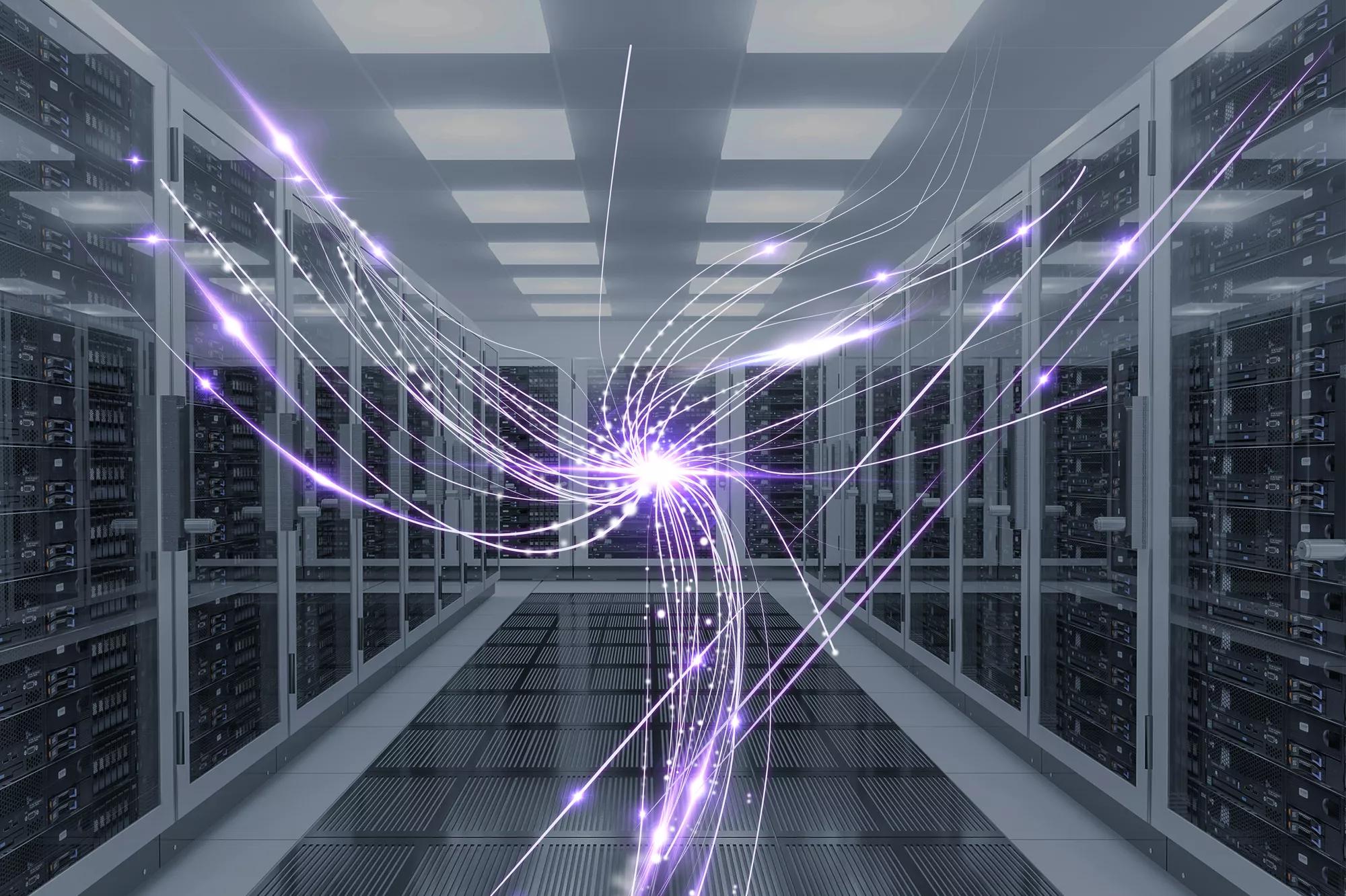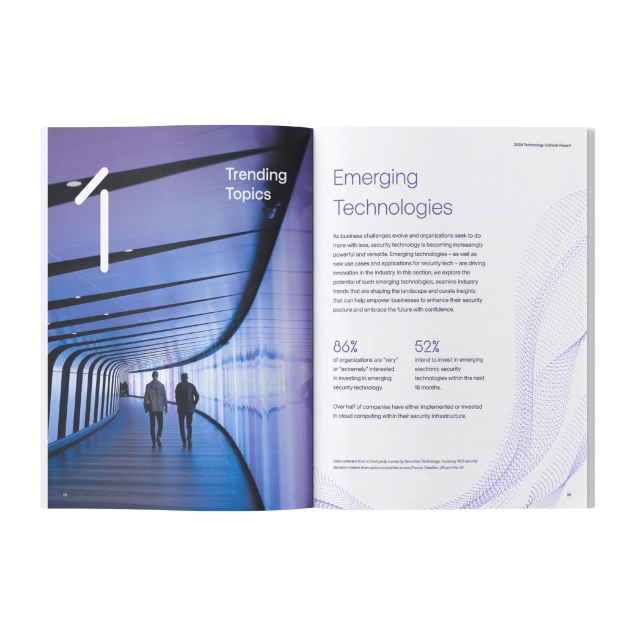What Does the Future Hold for AI Security Technologies?

Innovations in the security industry have pushed Artificial Intelligence (AI) to the forefront, with many products and solutions now offering AI powered capabilities.
Today, security leaders use AI technologies to parse complex data streams, often through AI-enabled video surveillance that traces anomalous movements and uses collected information to pre-process threats. For example, AI-enabled video surveillance systems can identify loitering or otherwise unusual behavior that suggests a threat. The system flags such events to human technicians, who can expediently and proactively address the threat. Without AI, these concerning events might go unnoticed or take days to isolate among various video streams.
This technology is also used to mitigate false alarm occurrences. When a system identifies a possible threat, it can call upon pre-programmed stimuli or machine learning (ML) to assess the likelihood of an actual threat. The system can vet the threat and determine it’s likely a non-issue — for example, by filtering a video alarm to ignore animals, garbage, rain, or snow. We see this capability adopted often as a tool to reduce time-to-response in the case of actual threats and to help eliminate unnecessary emergency mobilization.
But what does the future hold for this technology?

Cutting-edge AI Use Cases in Security
Businesses’ existing security infrastructure stores a wealth of deep security- and operations-related insights. In the coming years, we expect to see the industry make great strides in developing products and solutions that help businesses unlock and leverage this data with the power of AI and ML.
Technologies that monitor and analyze security system data can provide invaluable insights into a business’ operating environment. Using this information, AI tech could understand what works for a facility and what may need improvement.
For instance, in retail security, AI technologies could assess optimal hours of operation based on when a store experiences the most entry. Or it could even identify which departments require more or less staffing based on consumer movement.
In a corporate environment, these same observations could be used to assess when energy-intensive systems, including lights and temperature, need to be adjusted. Business leaders could use information about optimal operating conditions to curb costs and more efficiently distribute limited labor resources.
With the power of AI, security insights will no longer exist in silos but rather help drive informed decision-making across an entire business. We’ll continue to see advancements in AI security technologies, especially as these use cases become necessary functions to bolster business resilience.
Disclaimer: By using the Blog section of this website ("Blog"), you agree to the terms of this Disclaimer, including but not limited to the terms of use and our privacy policy. The information provided on this Blog is for information purposes only. Such information is not intended to provide advice on your specific security needs nor to provide legal advice. If you would like to speak to a Security representative about your specific security needs, please contact us.
























